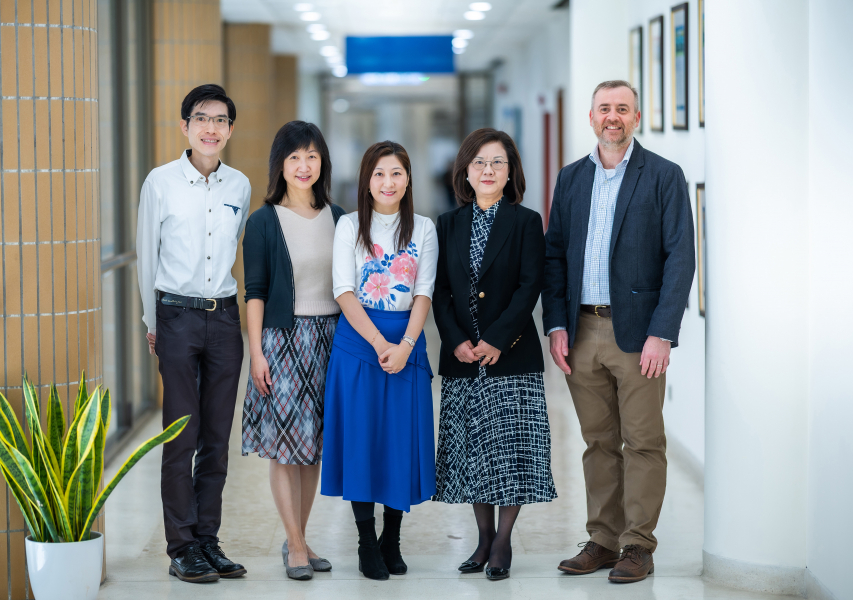A Collaborative Study by HKU Psychology and Dentistry Finds New Way to Screen for Autism Spectrum Disorder (ASD) in Young Children Using Oral Bacteria
A cross-disciplinary research team has discovered a new method to help identify autism spectrum disorder (ASD) in young children through a simple and non-invasive oral bacteria screening test. ASD is a lifelong neurodevelopmental condition characterised by social communication difficulties, as well as restricted and repetitive behaviours and interests. Early identification and intervention for ASD are crucial, however, current screening methods rely heavily on subjective observations by teachers and caregivers, with accuracy varying based on the observer’s understanding of ASD.
The research team, comprising Professor Kathy Kar-man Shum and Ms Jacqueline Wai-yan Tang from the Department of Psychology, along with experts from the Faculty of Dentistry, including Professors Cynthia Kar Yung Yiu and Rory Munro Watt, examined oral bacterial samples from 25 children with autism and 30 neurotypical children aged 3-6. Their analysis revealed significant differences in bacterial communities, with 11 specific bacterial species showing particularly strong potential as biomarkers for ASD.
Based on these findings, they developed a model that can predict ASD with 81% accuracy. This innovation paves the way for a simple, non-invasive screening tool that could be integrated into routine dental check-ups for children, enabling early referral for professional evaluation. The team envisions a future where a quick oral swab during regular dental visits could help identify children who would benefit from early intervention, when therapy is most effective.
This study was recently published in the Journal of Dentistry under the title “Alterations of oral microbiota in young children with autism: Unraveling potential biomarkers for early detection”.
